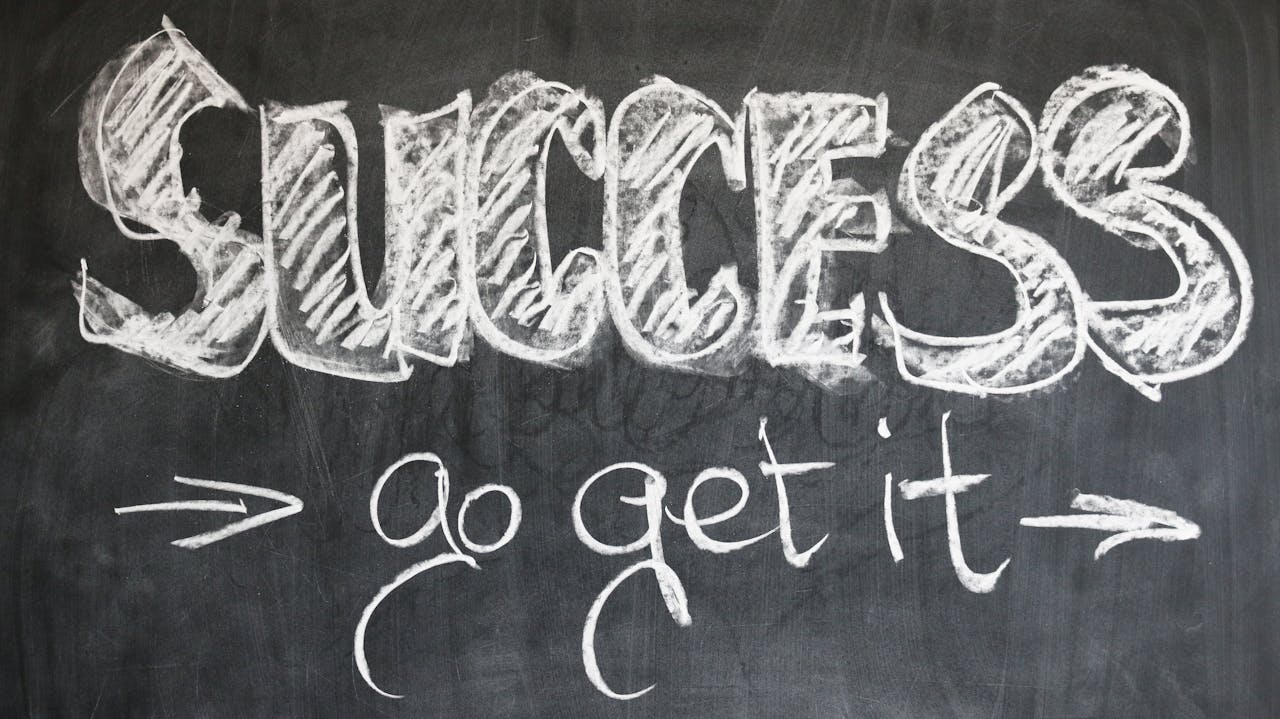
Matt D’Avella recently shared insights from a book that profoundly impacted his life — “The Courage to Be Disliked,” based on Alfred Adler’s teachings. As someone who has struggled with people-pleasing tendencies and comparison, I found his discussion of Adlerian psychology refreshingly practical and applicable to the challenges of modern life.
What struck me most about Matt’s talk was how Adler’s philosophy differs from conventional psychology. Unlike Freud and Jung, who believed we’re driven by past trauma, Adler proposed that we’re motivated by the goals we set for ourselves in the present. This simple shift in perspective has the power to free us from being prisoners of our past.
Breaking Free from Comparison
The constant comparison trap is something I’ve fallen into repeatedly. Social media exacerbates the issue — we’re constantly bombarded with others’ achievements, creating a never-ending race we didn’t sign up for. Matt explained how Adler’s concept of “horizontal relationships” rather than “vertical relationships” can help us escape this cycle.
When we rank ourselves against others, we create unhealthy dynamics where someone must be above and someone below. This leads to temporary satisfaction when we’re “winning” but inevitable anxiety when we encounter someone “better” than us.
What resonated with me was Matt’s realization: “Once I stopped trying to outdo everyone else and focused more on becoming fully myself, everything changed.” This isn’t about ignoring others’ success but recognizing that their journey doesn’t diminish yours.
Using Limitations as Growth Opportunities
One of my favorite quotes Matt shared from the book was: “The important thing is not what one is born with, but what use one makes of that equipment.” This perfectly captures how we should view our limitations.
Instead of seeing our shortcomings as permanent barriers, Adler suggests viewing them as starting points for growth. Matt illustrated this beautifully when discussing his own insecurities about articulation:
I may not be the most articulate person in the world, but how can I improve? How can I work with what I have?
This approach helped him develop his unique filmmaking style that works with his strengths rather than fighting against his weaknesses. I find this incredibly freeing – we don’t need to be naturally gifted at everything to succeed.
Living in the Present Moment
Another powerful concept Matt discussed was Adler’s view of life as a series of dots rather than a line. Many of us live as if real life starts after the next achievement – graduation, promotion, marriage, retirement. But this mindset means we’re never truly present.
I’ve caught myself doing this too often – always working toward some future goal without appreciating where I am now. As Matt put it: “If you’re always living for what’s next, when do you actually live?”
This doesn’t mean abandoning goals or growth. Instead, it’s about finding meaning in each present moment instead of postponing happiness until some future milestone.
Understanding the Distribution of Tasks
Perhaps the most practical takeaway from Matt’s talk was Adler’s concept of “distribution of tasks” — understanding what is and isn’t your responsibility. This idea has three critical applications:
- It is not your task to make everyone like you
- It is not your task to prevent others from feeling upset
- It is not your task to change someone’s mind
Your task is simply to live according to your values with integrity. How others respond is their task, not yours.
This distinction has helped Matt become more confident in sharing vulnerable content, even when it might be polarizing. I find this concept particularly helpful for recovering people-pleasers like myself who take on emotional burdens that aren’t theirs to carry.
Reframing Past Trauma
Adler’s most controversial view might be his statement that “trauma does not exist.” Matt clarified that Adler isn’t denying that painful events happen, but challenging the idea that past experiences control our present.
What matters isn’t what happened to us, but the meaning we assign to those events. Two people can experience similar hardships with entirely different outcomes based on their interpretation.
Matt shared how this helped him process the difficult early months with his son: “I now look back on that experience as one that taught me so much about myself… and in a lot of ways, I can be thankful for that terrible experience because it made me who I am today.”
Finding Courage to Be Disliked
The book’s title captures its core message – true freedom comes from no longer letting fear of disapproval run your life. This doesn’t mean being intentionally offensive, but instead being authentic even when it might not please everyone.
The reality is that living meaningfully requires accepting that some people won’t like you — and that’s perfectly okay.
This courage manifests in small, daily choices: declining drinks when friends pressure you, saying no to obligations that don’t align with your values, or expressing unpopular opinions when they matter to you.
I’ve started implementing these principles in my own life, and while it’s uncomfortable at times, it’s also incredibly liberating. By focusing on horizontal relationships, embracing my limitations as growth opportunities, living in the present, and having the courage to be disliked, I’m finding a more authentic and fulfilling path forward.











Deanna Ritchie
Editor-in-Chief at Calendar. Former Editor-in-Chief, ReadWrite, Editor-in-Chief and writer at Startup Grind. Freelance editor at Entrepreneur.com. Deanna loves to help build startups, and guide them to discover the business value of their online content and social media marketing.